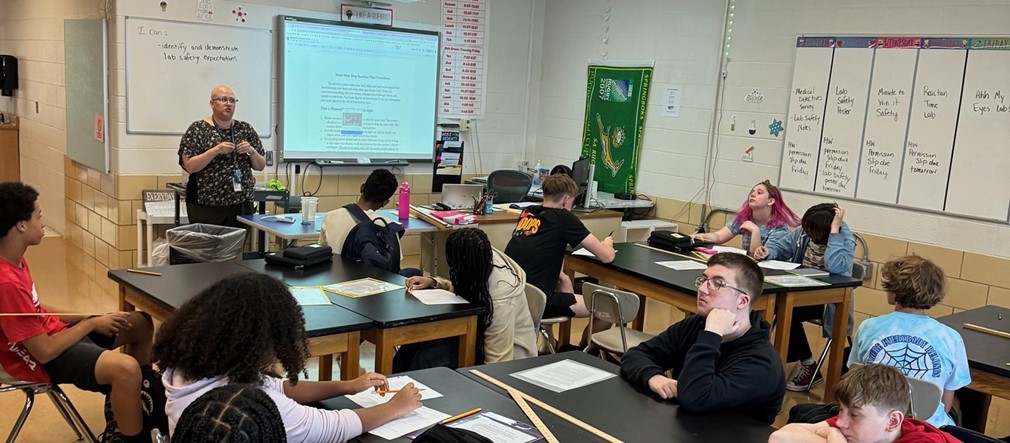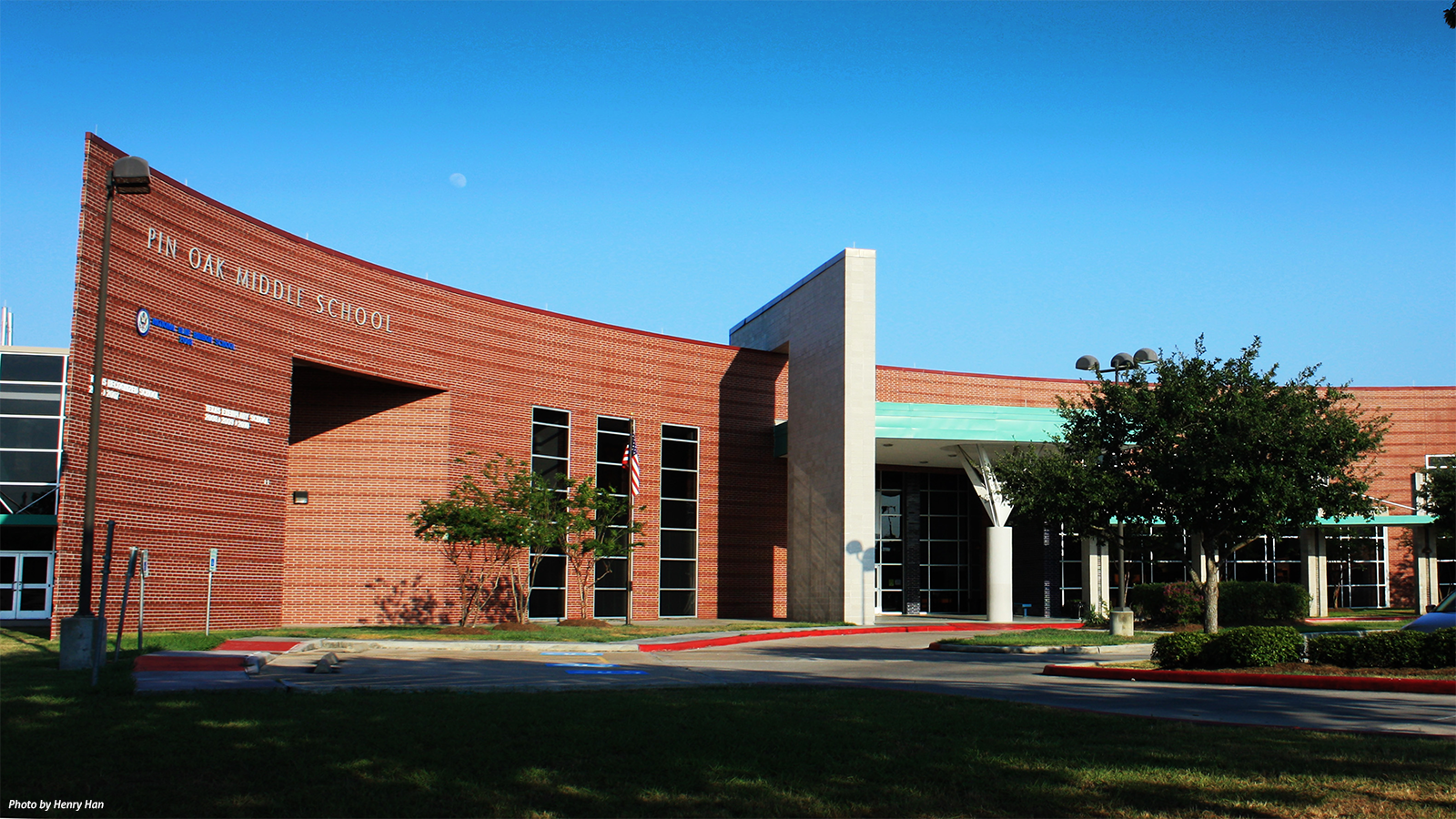The Duty of Moms And Dads and Educators in the Initiative to Save Temecula Schools
The Duty of Moms And Dads and Educators in the Initiative to Save Temecula Schools
Blog Article
Exactly How Schools Play an Essential Duty in Shaping Future Leaders and Innovators
By integrating project-based learning and interdisciplinary research studies, educational institutions challenge pupils to assess and synthesize intricate information. Teachers serve as mentors, assisting pupils and nurturing their capacity, while extracurricular tasks better create leadership abilities and resilience.
Fostering Crucial Thinking
In today's swiftly progressing globe, cultivating critical assuming within academic institutions has become paramount. As culture grapples with progressively complicated global difficulties, the capability to evaluate, review, and manufacture information is vital. Colleges play a crucial function in creating these abilities, preparing students to navigate and address diverse troubles with informed, reasoned choices.
To cultivate vital reasoning, educators employ different instructional approaches that motivate energetic understanding and intellectual engagement. Class discussions, problem-based discovering, and Socratic questioning are crucial in advertising analytical and reflective thought processes. By challenging trainees to question presumptions and consider several viewpoints, these approaches make certain a deeper understanding of topic beyond memorizing memorization.
Furthermore, integrating essential assuming across the curriculum enhances its value and applicability in diverse contexts. Topics such as maths, science, history, and literary works each deal distinct opportunities to create trainees' critical professors. For instance, analyzing historic events calls for recognizing and reviewing resources context, while clinical query demands strenuous theory testing and evidence-based reasoning.
Eventually, instilling important believing skills in students furnishes them with the cognitive tools required for long-lasting understanding and flexibility. It is with this foundational competence that future leaders will be able to innovate, address troubles, and add meaningfully to society.
Motivating Creative Thinking
Embracing creativity within educational frameworks galvanizes pupils to assume beyond traditional borders and discover cutting-edge services. By integrating imaginative undertakings and creative reasoning exercises into the educational program, colleges grow an atmosphere where creativity and imaginative thought are valued. This method not only enriches the academic experience however additionally equips trainees with the capability to tackle real-world challenges in unique ways.
School can foster creativity with varied ways such as project-based discovering, interdisciplinary research studies, and the incorporation of arts and technology. Project-based discovering, for example, encourages students to use their understanding in sensible, commonly joint, projects that require innovative problem-solving skills. Interdisciplinary researches enable pupils to draw links in between various topics, thus expanding their point of views and improving their imaginative capacities.
Furthermore, giving trainees with possibilities to involve with emerging modern technologies, such as coding and electronic style, further supports their imaginative potential. These tasks motivate trainees to experiment, stop working, and iterate, which are critical components of the innovative procedure (Save Temecula Schools). By preserving an encouraging atmosphere where trial and error is encouraged, colleges can guarantee that trainees create the confidence to go after ingenious concepts
Basically, nurturing creativity in instructional settings is important for forming future leaders and trendsetters efficient in attending to intricate worldwide issues with ingenuity.
Promoting Cooperation

Executing group-based learning modules and cooperative tasks enables students to experience the characteristics of teamwork firsthand. This not only prepares them for the joint nature of contemporary offices however also supports management qualities as they usually need to handle duties such as job supervisors or team organizers. In addition, partnership in the classroom can damage down social barriers and advertise inclusivity, ensuring that each pupil really feels valued and heard.
Additionally, incorporating innovation can even more sustain joint efforts. Tools like common electronic offices and interactive systems allow pupils to interact effectively, even outside the class. As trainees establish these collaborative abilities, they are much better outfitted to deal with complex challenges and introduce, laying the groundwork for their future duties as trendsetters and leaders.
Duty of Educators as Coaches

Mentorship entails tailored focus, where educators determine and nurture private staminas and address weak points. Save Temecula Schools. Via individually interactions, teachers can tailor their recommendations and assistance to fulfill each trainee's distinct requirements, cultivating a sense of confidence and resilience. This individualized approach grows a growth attitude, encouraging pupils to watch failings as possibilities for learning and development
Furthermore, educators serve as duty designs, demonstrating the worths of integrity, compassion, and perseverance. Their attitudes and actions give a blueprint for pupils to imitate, instilling a feeling of moral responsibility and social understanding. By developing a helpful and inclusive class setting, teachers allow students to develop interpersonal skills that are essential for effective management.
Fundamentally, the mentorship provided by teachers lays a fundamental framework for the development of future leaders, outfitting them with the understanding, abilities, and worths needed to stand out in an ever-evolving globe.
Impact of After-school Activities
When integrated successfully into the academic framework, after-school activities considerably improve trainee advancement and management capacity. These activities provide trainees with chances to explore interests beyond the conventional educational program, cultivating a well-rounded capability. Clubs, sporting activities groups, and arts programs cultivate vital top qualities such as synergy, time management, and strength. Engagement in these activities typically requires trainees to handle obligations, thus nurturing their leadership capabilities.
Moreover, extracurricular participation motivates creative thinking and advancement. Students engaged in dispute, music, or dramatization clubs find out to assume seriously and approach problems from varied perspectives. These experiences instill self-confidence, making it possible for pupils to articulate their concepts and take initiative in different setups. By collaborating with peers from different histories, students additionally establish compassion and interaction skills, necessary qualities for future leaders.
Extracurricular tasks likewise play a critical duty in scholastic performance. Research study suggests that trainees included in such programs often tend to have greater grades and far better participation records. These tasks give a healthy and balanced outlet for anxiety, adding to overall well-being. Hence, schools that prioritize a balanced approach to education and learning, integrating durable extracurricular programs, are a lot more likely to produce trendsetters and leaders furnished to fulfill the challenges of the future.

Verdict
In final thought, institutions significantly shape future leaders and innovators by nurturing vital thinking, imagination, and collaboration among trainees. By cultivating an encouraging environment that values specific strengths and synergy, schools furnish trainees with the essential skills to browse future difficulties and drive technology.
As trainees develop these collective abilities, they are much better furnished to take on complex difficulties and introduce, laying the groundwork for their future functions as innovators and leaders.
By cultivating vital thinking and analytic skills, teachers assist pupils browse intricate obstacles, preparing them for management duties in different fields.
By working together with peers from different backgrounds, pupils likewise develop empathy and communication abilities, necessary qualities for future leaders.
In final thought, institutions substantially form future leaders and trendsetters by More about the author supporting essential thinking, navigate to these guys imagination, and collaboration amongst students. By promoting a helpful setting that values private strengths and team effort, institutions outfit trainees with the essential skills to browse future difficulties and drive advancement.
Report this page